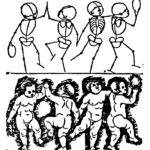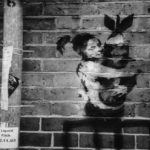What should feminist theory be?
Amia Srinivasan is the Chichele Professor of Social and Political Theory at All Souls College, University of Oxford, and a contributing editor of the London Review of Books. Her collection of essays, The Right to Sex: Feminism in the Twenty-First Century, was published in 2021. In this interview with Radical Philosophy she is in conversation […]







